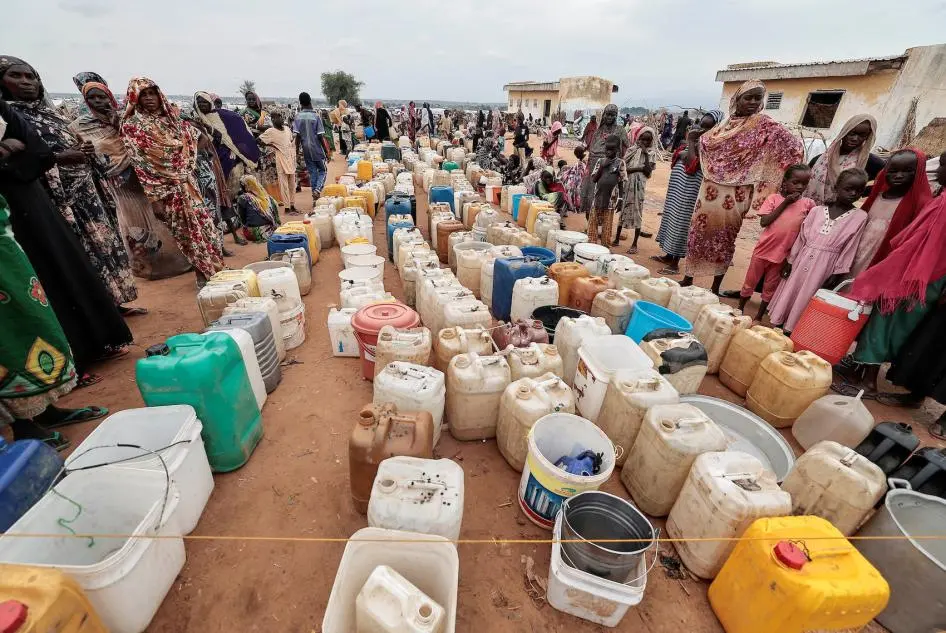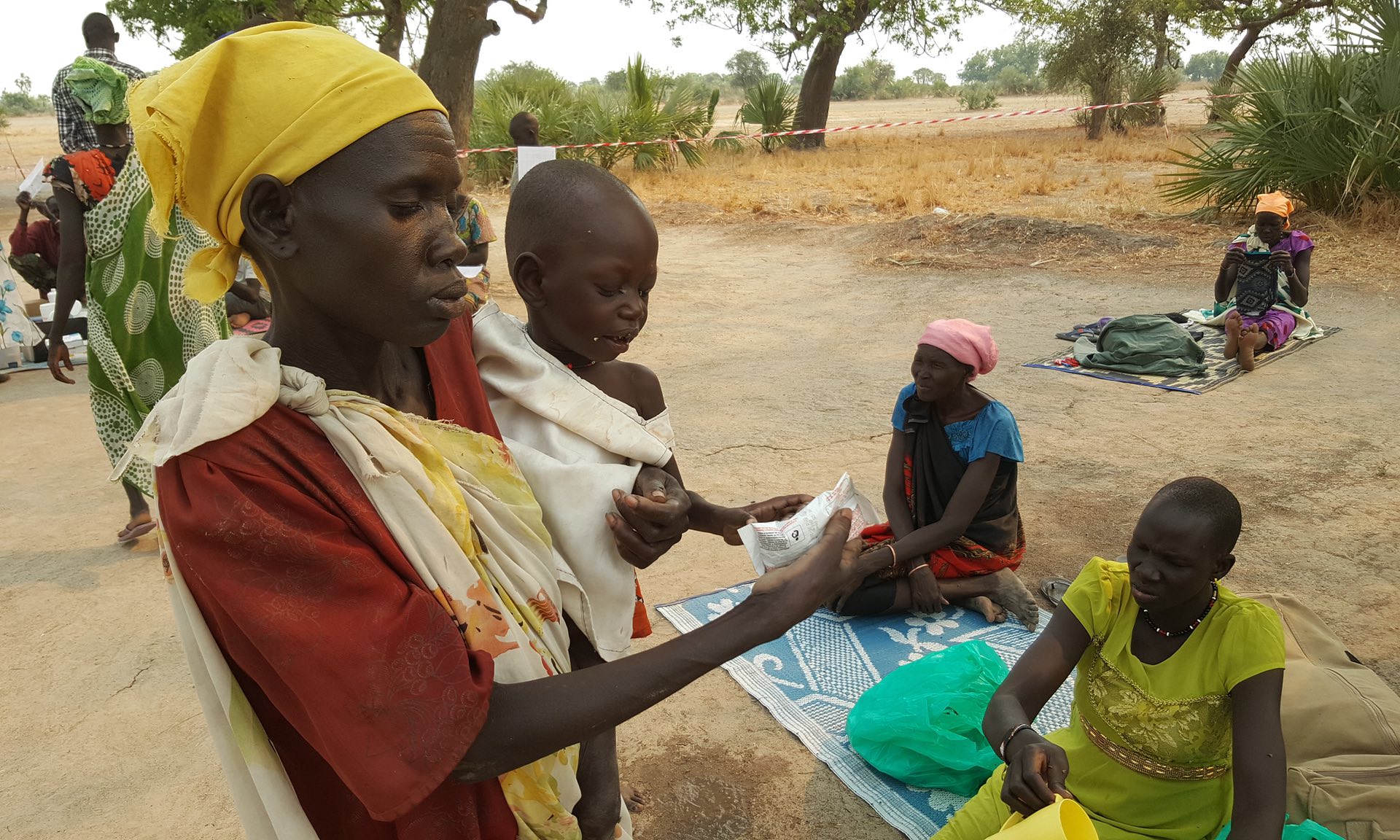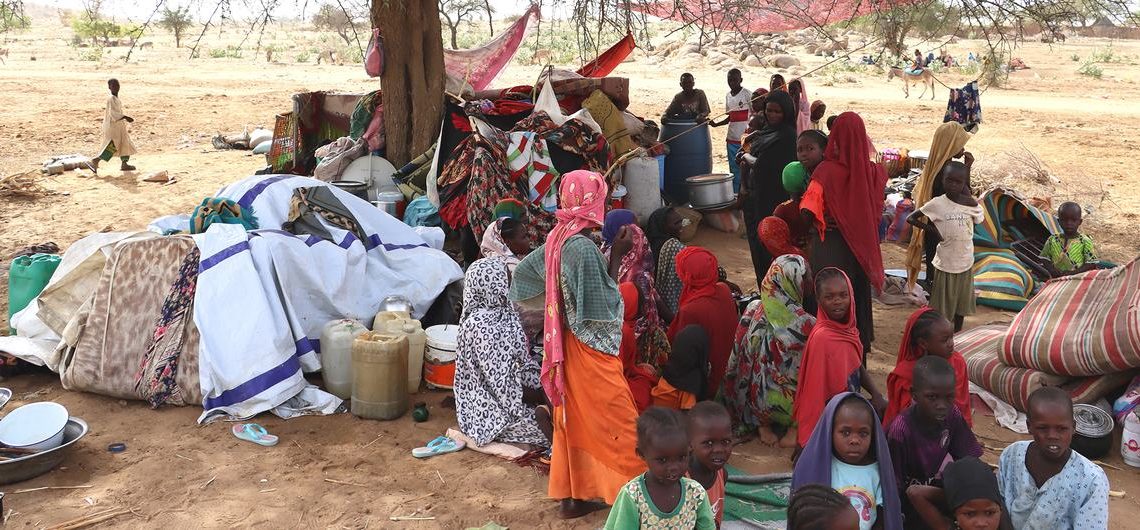The United Nations-backed Integrated Food Security Phase Classification (IPC) issued a dire warning on Friday, stressing the urgent need for immediate intervention to avert a devastating famine crisis in Sudan.
While the IPC had planned to release an update on the hunger situation in December, ongoing conflict in the region prevented this assessment.
Instead, based on available evidence, the IPC expressed grave concern over the worsening conditions and emphasized the necessity for prompt action to prevent famine.

Since war erupted in Sudan on April 15, 2023, between the Sudanese Army (SAF) and paramilitary Rapid Support Forces (RSF), the humanitarian situation has deteriorated rapidly.
Approximately 25 million people, half of Sudan’s population, require urgent assistance, with an estimated 8 million individuals displaced from their homes due to the conflict.
The IPC’s alert highlighted specific regions, including Khartoum, Gezira States, Greater Darfur, and Greater Kordofan, as particularly vulnerable.
Without a cessation of hostilities and significant humanitarian aid deployment, these areas face the risk of acute food insecurity and malnutrition reaching critical levels during the upcoming lean season starting from April to May 2024.

In response to the escalating crisis, the UN Security Council has called for an immediate halt to hostilities. The United States has also signaled its intention to press for council action to facilitate aid delivery to starving populations in Sudan, potentially including cross-border assistance from Chad.
The IPC’s assessment revealed alarming statistics, with nearly 5 million people facing acute malnutrition, including 3.6 million children under the age of five and 1.2 million pregnant and lactating women.
Cereal production has plummeted by 46% compared to the previous year due to conflict-related disruptions, leading to a staggering 73% increase in food prices in local markets.




